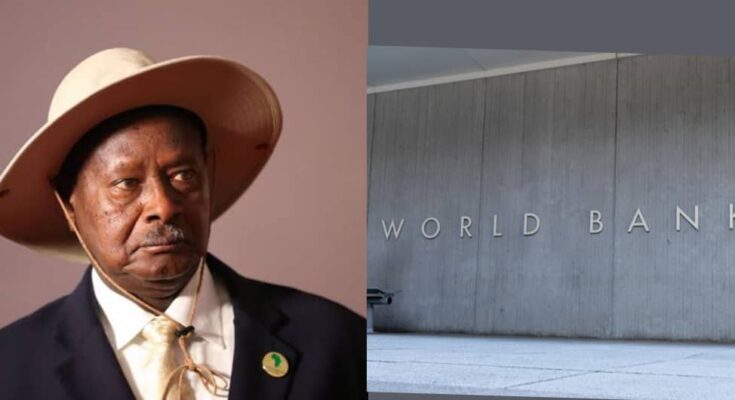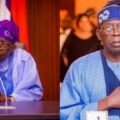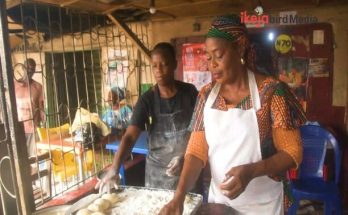Uganda’s President Yoweri Museveni responded resolutely to the World Bank’s decision to suspend new funding as a reaction to a stringent anti-LGBTQ law, asserting his determination to secure alternative sources of credit.
The World Bank announced on Tuesday that it would halt new funding in light of Uganda’s recently enacted law, which imposes the death penalty for specific same-sex acts.
The international financial institution deemed the law contradictory to its values and expressed the need to assess measures that prevent discrimination in projects it supports.
The World bank and other actors want to coerce us
With an existing project portfolio of $5.2 billion in Uganda, the suspension is not expected to impact ongoing projects.
In response to the World Bank’s decision, President Museveni released a statement denouncing the suspension and asserting Uganda’s intent to reduce its reliance on borrowing.
He stood firm against foreign institutions’ pressure, stating, “It is, therefore, unfortunate that the World Bank and other actors dare to want to coerce us into abandoning our faith, culture, principles, and sovereignty, using money. They really underestimate all Africans.”
READ ALSO: World Bank: Why poverty persists in Nigeria
We would explore alternative sources – Uganda
Museveni further emphasized that if Uganda required additional borrowing, it would explore alternative sources.
He highlighted the nation’s anticipated oil production, set to commence by 2025, as a potential avenue for generating additional revenue.
Despite widespread condemnation from both local and international human rights organizations, as well as Western governments, the anti-LGBTQ law remains popular domestically.
In June, the United States imposed visa restrictions on certain Ugandan officials as a response to the law, and President Joe Biden ordered a review of U.S. aid to Uganda.
President Museveni concluded his statement by expressing hope that the World Bank would reconsider its suspension of funding. As Uganda faces economic challenges in the wake of this decision, the president’s resolve to explore alternative financing avenues reflects the nation’s determination to uphold its sovereignty and principles.
Nigerian girl who effortlessly solves difficult Mathematical questions, wins world bank scholarship
Meanwhile, an 11 year old Nigerian girl has bagged the world bank scholarship after effortlessly solving tough math questions.
The brilliant 11-year-old Nigerian girl named Saratu Dan-Azumi who hails from Kano State, Northern Nigeria, was interviewed by Sahara reporters.
It was discovered that because of her parents’ financial challenges, they were unable to enroll her in school despite her mental prowess.








